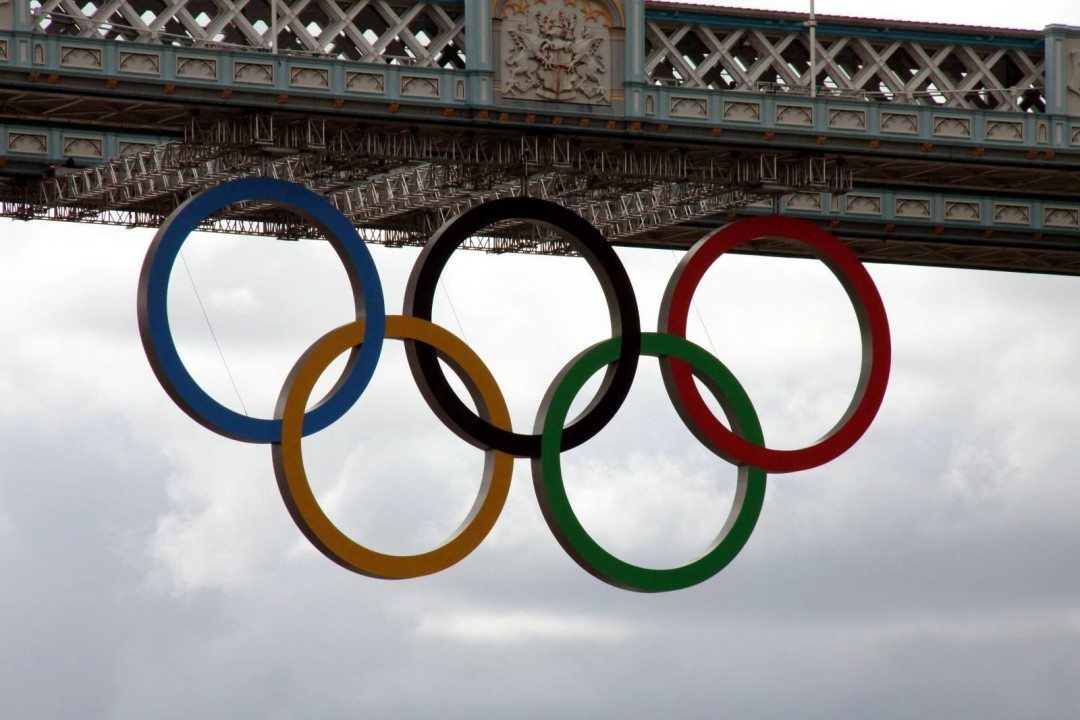Forum agrees on creation of Olympic Movement Unit on the Prevention of the Manipulation of Competitions and launch of International Sports Integrity Partnership.
The second edition of the International Forum for Sports Integrity (IFSI) took place today at the Olympic Museum in Lausanne, Switzerland, at the initiative of the International Olympic Committee (IOC).
Building on the success of the first edition two years ago and representing another major step towards the realisation of Olympic Agenda 2020, the event, chaired by IOC President Thomas Bach, gathered together some 180 participants representing governments, the UN Office on Drugs and Crime (UNODC), the Council of Europe, the European Union, INTERPOL, Europol, sports betting operators, national regulating authorities, Olympic Movement stakeholders and other experts to collaborate on the protection of clean sport.
The IFSI is the main platform for all stakeholders to exchange ideas and coordinate actions. Discussions at today’s meeting focused on future actions on two main strands: strengthening the prevention of the manipulation of competitions and supporting ethical conduct and anti-corruption.
“Today’s Forum also highlights how closely good governance is linked to the credibility of sport,” said IOC President Thomas Bach during his opening speech. “As the role of sport in society continues to grow, so do the expectations of the public with regard to the credibility of sports organisations. The standards of good governance are ever evolving for everyone of us” he added.
“This is one more reason why we say that in an interconnected world, these issues and this mistrust affect us all. This is why, when we look back at the many initiatives that we have taken since our last meeting in 2015, we see just how important this open exchange and close cooperation is. Each of us here today has a very specific domain of responsibility. It is only through cooperation and partnership that we can be truly effective,” Bach outlined.
The outcome of the Forum is brought together in a Declaration which, amongst other commitments, outlines the establishment of an Olympic Movement Unit on the Prevention of the Manipulation of Competitions and the launch of an International Sports Integrity Partnership.
The Olympic Movement Unit on the Prevention of the Manipulation of Competitions will streamline related IOC initiatives and engage Olympic Movement stakeholders, including International Federations (IFs), National Olympic Committees (NOCs), athletes and their entourage more strongly.
The International Sports Integrity Partnership will help prevent the risk of corruption in sport, enable better cooperation between the key stakeholders and ensure a coordinated approach to the implementation of dedicated measures.
Read the full text of the Declaration here.
The Declaration will be implemented through programmes and initiatives of the various stakeholders within the IFSI. In order to ensure a proper assessment of the measures taken, progress reports will be delivered during the 3rd IFSI edition in 2019.
The first edition of the IFSI took place two years ago, shortly after the adoption of Olympic Agenda 2020. Important tools to protect sport’s integrity have been created since then, including the Olympic Movement Code on the Prevention of the Manipulation of Competitions, the IOC-UNODC Model Criminal Provisions for the Prosecution of Competition Manipulation, the IOC-INTERPOL capacity building programme, an Integrity e-Learning programme for Olympic athletes and officials and the IOC Integrity and Compliance Hotline. These tools complement the IOC’s Integrity Betting Intelligence System (IBIS), which has operated successfully since the Olympic Winter Games Sochi 2014 and is also at the disposal of International Federations and organisers of multisport events.
Overall, the IOC implemented all good governance measures that were called for under Olympic Agenda 2020 to ensure respect for internationally recognised standards of governance. For example, the IOC accounts are audited according to the International Financial Reporting Standards (IFRS), which is a higher reporting standard than is legally required. Furthermore, the IOC publishes all financial figures, as well as the indemnity policy for the IOC President and IOC Members, in an annual report, giving full transparency to its operations and activities.
The full proceedings of the Forum were livestreamed on www.olympic.org and can be viewed here.
*Click here for a full list of participants.
News courtesy of International Olympic Committee.
